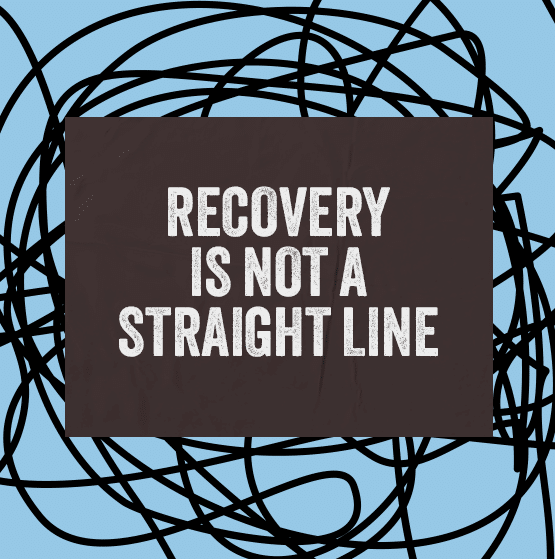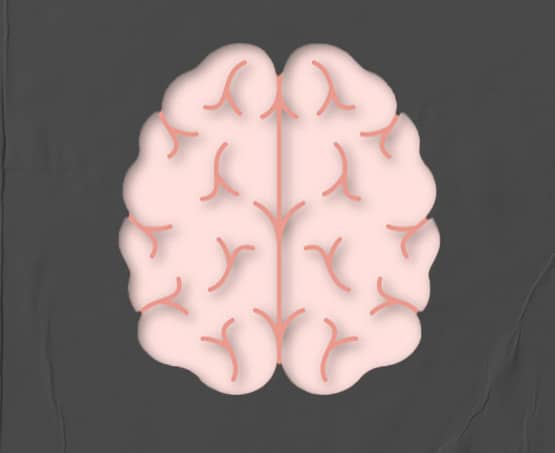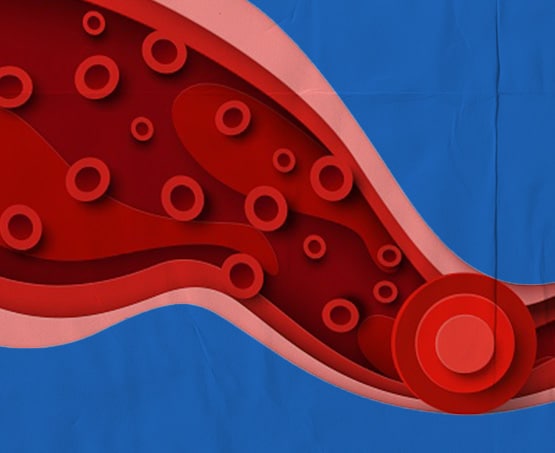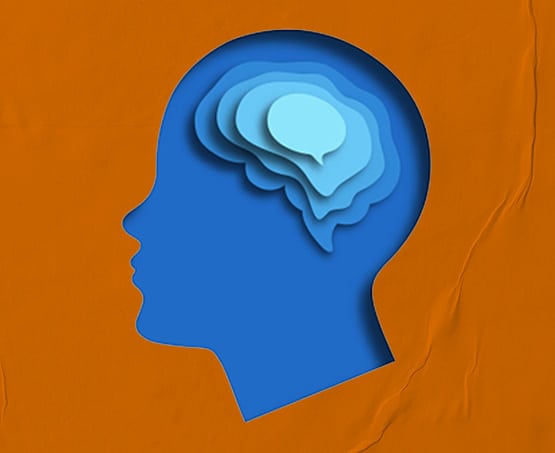An opioid overdose requires immediate medical attention. Call 911 immediately if you or someone you know exhibits any of the symptoms.
Anyone trying to recover from opioid addiction will encounter opportunities for relapse. National statistics indicate that 40 to 60% of those in recovery relapse at some point. However, this is not as bleak as it seems.
Recovery is seldom a straight line. Naturally, relapse can feel like a failure, but although it does happen, it’s not who you are. That’s when it’s important to be kind to yourself, which can be the most challenging part of recovery for some.
If you do experience a relapse, don’t hesitate to reach out for help and support. Recovery is a journey, and with determination, support, and the right strategies, you can minimize the risk of opioid use relapse and continue on the path to the life you want for yourself.




Surround yourself with people who are supportive of your recovery journey. This can include friends, family, support groups, or a counselor. Having a support system can provide encouragement, understanding, and accountability during difficult times.
Work with a healthcare professional or counselor to develop a personalized relapse prevention plan. This plan may include identifying triggers that could lead to relapse and developing strategies to avoid or cope with them effectively. It can also involve setting clear goals, establishing healthy routines, and regularly assessing your progress.
If you experience chronic pain, it's crucial to work closely with your healthcare provider to find safe and non-opioid pain management strategies. This may involve physical therapy, alternative therapies like acupuncture or chiropractic care, or non-opioid medications. Effective pain management can help reduce the temptation to use opioids for pain relief.
Taking care of yourself physically, mentally, and emotionally is essential to relapse prevention. Focus on the basics: proper nutrition, regular exercise, adequate sleep, and stress reduction. Choose activities that promote self-care and well-being, such as relaxation exercises, journaling, or engaging in hobbies you enjoy.
Recognize and avoid situations or environments that may trigger cravings or tempt you to use opioids. This may involve staying away from individuals who use drugs, avoiding places associated with drug use, or making changes to your routine or social activities if they pose a risk to your recovery.
Attending regular counseling sessions, support group meetings, or any other form of treatment is crucial for maintaining recovery. Stay engaged in your treatment plan and be open with your healthcare provider or counselor about any challenges or concerns you may have.